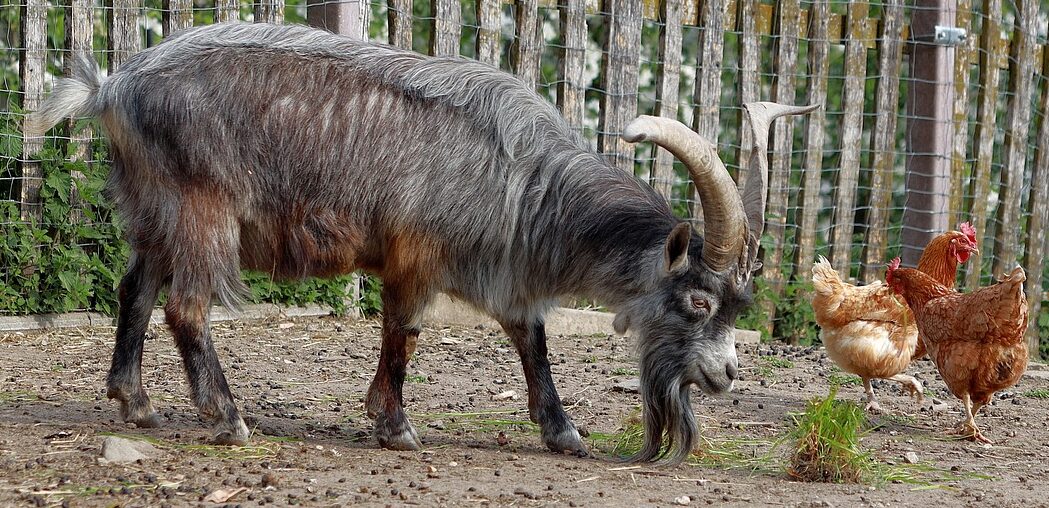Meat, generally defined as animal tissue used for food, is a significant source of protein, vitamins, and minerals in many diets. It’s a nutrient-dense food, contributing to muscle development, growth, and overall bodily functions. However, meat consumption, particularly of red and processed meats, has been linked to potential health risks and environmental concerns.
Nutritional Value:
- Protein:Meat is an excellent source of protein, essential for building and repairing tissues, and providing energy.
- Vitamins:Meat is a good source of B vitamins, including B12, which is crucial for nerve function and red blood cell formation.
- Minerals:Meat provides iron, zinc, and other minerals vital for various bodily processes.
Types of Meat:
- Red Meat: Generally refers to meat from mammals like beef, pork, lamb, and mutton.
- White Meat: Includes poultry like chicken and turkey, as well as fish and seafood.
- Game Meat: Refers to meat from undomesticated animals.
Considerations:
- Health:While meat offers nutritional benefits, excessive consumption of red and processed meats has been associated with increased risks of heart disease, certain cancers, and type 2 diabetes.
- Environment:Meat production, especially from livestock, contributes to greenhouse gas emissions, deforestation, and water pollution.
- Dietary Choices:Vegetarians and vegans choose not to eat meat for ethical, environmental, health, or religious reasons.
- Preparation:Raw meat can carry risks of bacteria and parasites, but some dishes like steak tartare and sushi are prepared with raw, high-quality meat.

